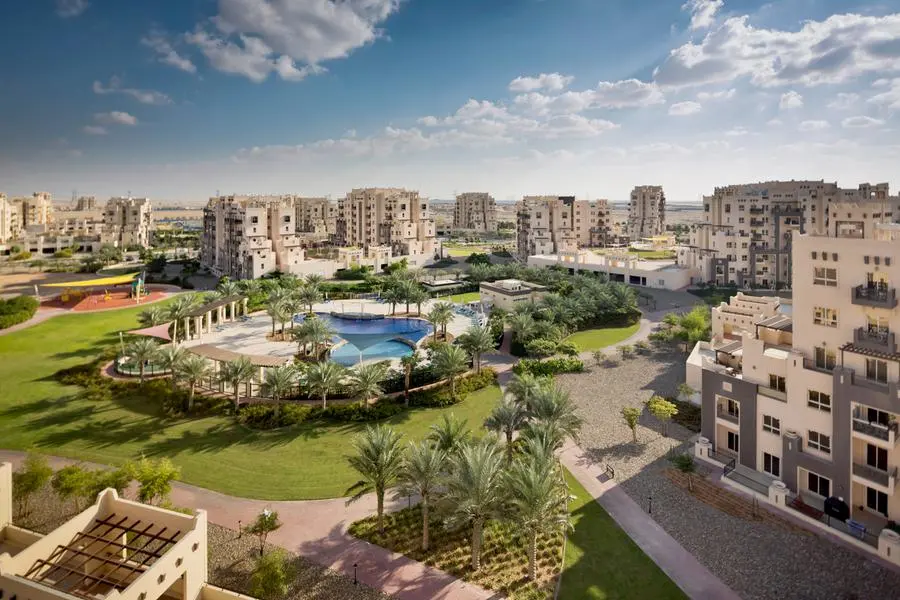PHOTO
At this year’s Africa CEO Forum in Abidjan, Cote d’Ivoire, heads of state, investors, and business leaders converged to confront a central question: Can Africa build a competitive economy without first securing its energy future?The answer was unanimous. The continent cannot industrialise, digitalise, or modernise without power. And without energy sovereignty, every other ambition becomes a deferred promise.
Africa’s economic future will not be shaped by declarations or blueprints alone. It will be defined by our ability to electrify factories, power hospitals, connect schools, run data centres, refrigerate vaccines, and support the informal enterprises that keep communities afloat. Without reliable and affordable energy, even the most promising youth-led initiatives will remain stalled in potential.
Today, more than 600 million Africans live without consistent electricity. This is not merely a development issue. It is a structural barrier to economic transformation. It explains why industrial parks sit half idle, why manufacturing remains shallow, why tech entrepreneurs burn out trying to scale on diesel, and why investors continue to hedge their bets elsewhere.
Without energy, there is no modern economy. Energy is not a sector. It is the first multiplier, the baseline requirement for productivity, and the foundation of sovereignty.
Yet across much of the continent, energy has been treated as a secondary concern, left to fragmented ministries, short-term donor programmes, and reactive utility companies.
If Africa’s youth are to lead the next wave of economic growth, then energy must be recast as a national and continental priority. Not simply as infrastructure, but as the bedrock of any serious strategy for jobs, competitiveness, and self-reliance.
The shift to renewable sources must not be seen only through the lens of climate response. It must be viewed as a strategic opportunity.
Africa is rich in solar, wind, hydro, and geothermal potential. These are not just green solutions. They are economic assets. Yet too often, the conversation stops at potential.
What Africa lacks is not potential, but the seriousness to turn that potential into power. Natural endowments alone mean nothing without long-term planning, bold investment at scale, and the political alignment to deliver results. Energy must move from the realm of rhetoric to that of execution.
A growing number of African countries are beginning to recognize this. Countries like Egypt, Ghana, Kenya, and South Africa are no longer just talking about energy gaps.
They are negotiating nuclear power as a strategic necessity. It is a clear signal that meeting industrial demand, stabilizing fragile grids, and breaking dependence on imported fuels requires more than solar panels and donor funded pilots. It demands serious power and the political will to build it.
This signals a continental recognition that energy security cannot rely on one source alone. A diversified strategy, tailored to each country’s needs and managed with strict safeguards, is essential.
But whatever the mix of solar, hydro, wind, gas, or nuclear, governments must lead with clarity. Energy policy must be elevated beyond technical silos and placed squarely within the domain of economic strategy.
Public investment must target grid expansion, rural access, and decentralized generation. Youth must not only benefit from new energy markets but be trained to build, maintain, and lead them.
The future of Africa’s economy will not be built solely in capital cities. It will rise in secondary towns, border zones, agro-processing hubs, and informal settlements where millions of young people already work and trade. These spaces need smart grids, mini-grids, and off-grid solutions that are adaptable, scalable, and locally managed.
To truly unlock economies of scale, African countries must trade power across borders, align their regulations, and work together to finance shared infrastructure. Regional energy markets must move from theory to reality. No country can go it alone. Integration is not just a political ideal. It is an economic necessity.
The private sector must be at the table, particularly African firms that understand local needs and contexts. But the burden cannot fall on them alone.
Energy is not just about access. It is about agency. It defines whether Africa remains a continent of extraction and dependency or shifts into one of production, value addition, and strategic autonomy. It defines whether we continue managing poverty or begin building wealth.
This is the moment to stop outsourcing our future and start powering it from within. The next chapter of African prosperity will not be built in darkness. It will require light, voltage, bandwidth, machines, and courage, driven by the youth but made possible by energy. Real energy. Strategic energy. Sovereign energy. Africa’s economic renaissance begins with power and now is the time to turn the switch.
© Copyright 2022 Nation Media Group. All Rights Reserved. Provided by SyndiGate Media Inc. (Syndigate.info).


























